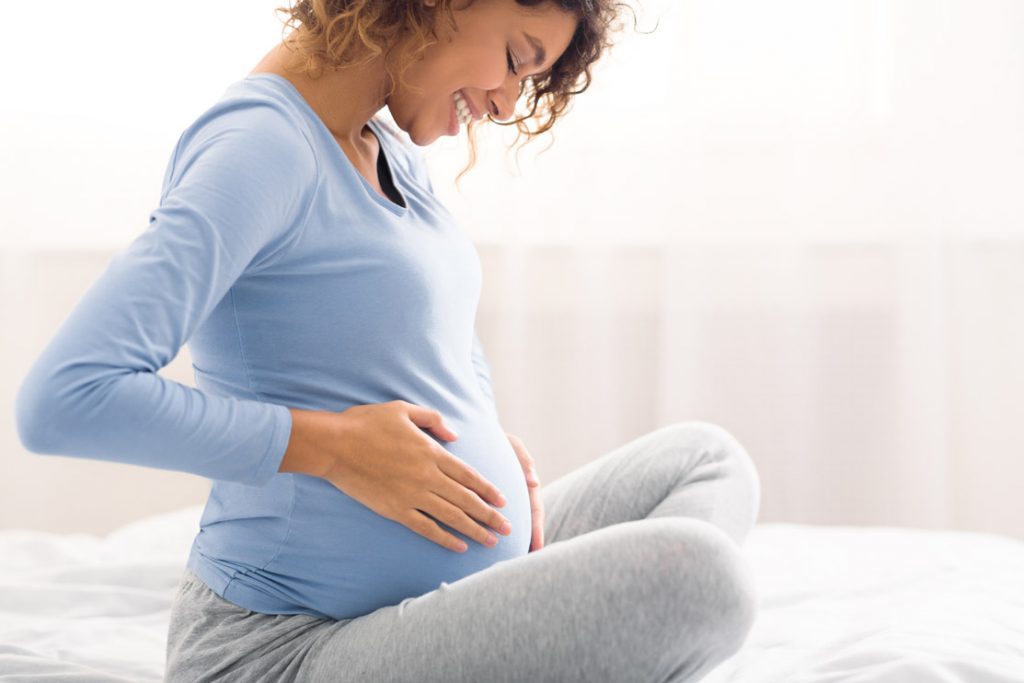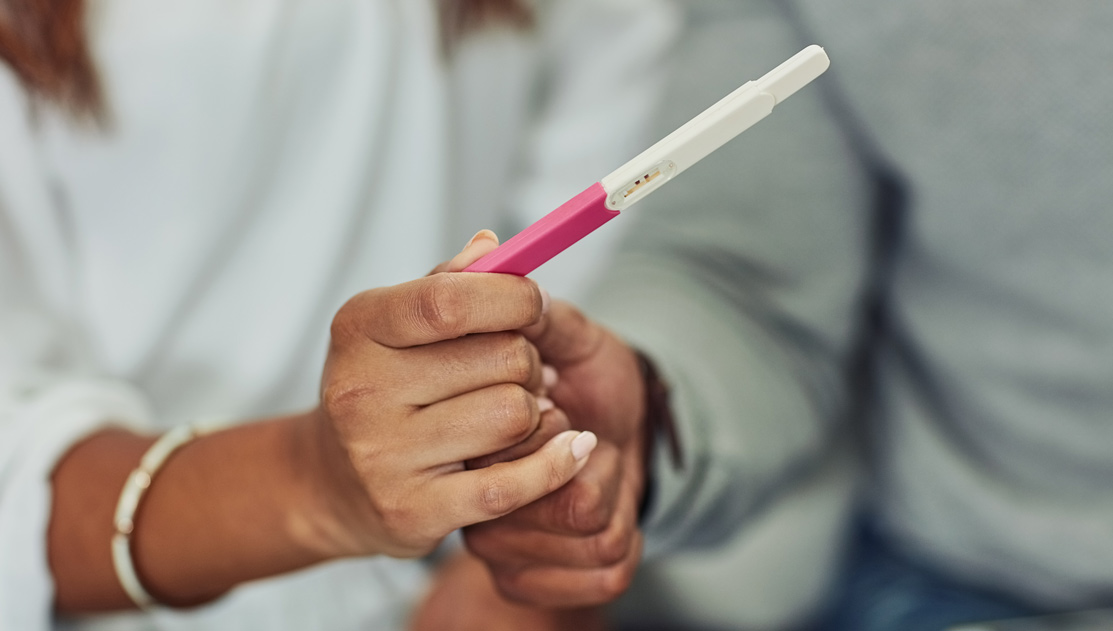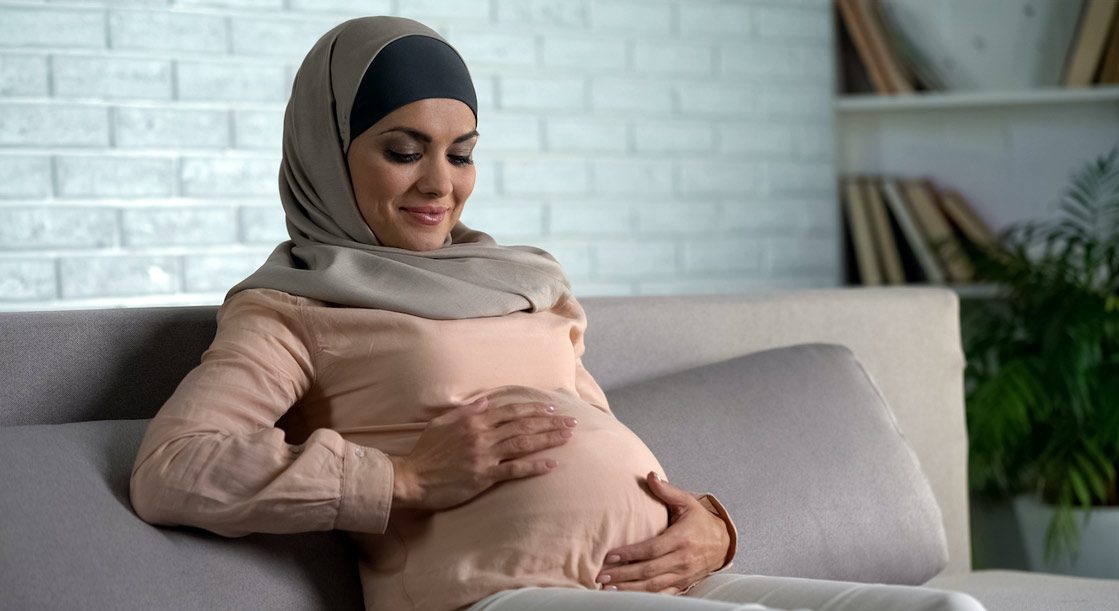November marks Fertility Week, an opportunity to raise awareness of fertility issues to a wider audience. This year, we place the spotlight on ovarian cysts and ask: Can ovarian cysts affect fertility?
In this blog post, we provide an answer to this question, along with useful information about ovarian cysts that may be able to help you understand more about the condition.
What are ovarian cysts?
Ovarian cysts are fluid-filled sacs that grow on one or both ovaries. They are much more common than you might think, and many women may have them without knowing, as they do not usually cause symptoms and can go away by themselves without intervention.
Can ovarian cysts cause fertility issues?
Many cysts don’t cause any issues and may just need to be monitored regularly. However, in some cases, ovarian cysts can cause:
- Pain during intercourse
- Other pelvic pain, which can be mild to severe
- Irregular, heavy or very light periods
- An increased need to urinate
- Bloating of the abdominal region
Dr Gorgy, Fertility Consultant, explains: “These symptoms only usually appear if the cyst(s) ruptures, is very large, or grows in an area in which it prevents or restricts blood flow to the ovaries. If you experience any of these symptoms but are unsure of the cause, it’s important to book an appointment with a gynaecologist to rule out anything else. There are many different conditions that could cause pelvic pain, but any severe pain should be addressed immediately.”
There are different types of ovarian cyst:
- Functional ovarian cysts: These relate to the menstrual cycle and are usually harmless and go away on their own. Functional ovarian cysts are the most common type.
- Pathological ovarian cysts: These are cysts that form as a result of abnormal cell growth; they have nothing to do with the menstrual cycle. These cysts are much less common. They usually develop in women under 50 and are mostly benign.
Cysts caused by Polycystic Ovary Syndrome (PCOS) and endometriosis come under the umbrella of pathological ovarian cysts. These conditions can impact on fertility. We look at these in more detail below.
PCOS and cysts
PCOS is a common issue caused by a hormonal imbalance that is thought to affect around one in five women in the UK. During your menstrual cycle, the eggs that begin to develop never become mature enough to prompt ovulation; therefore, your body doesn’t release them from your ovaries. The immature follicles then cause the ovary to become ‘polycystic’, as the name of the condition suggests.
Unfortunately, there is no cure for PCOS, and the condition can often lead to complications with fertility. But there are treatments available that can alleviate symptoms, and there are many women with PCOS who have had successful pregnancies.
To find out more about these treatments and improving your fertility when you have PCOS, click here.
Making positive lifestyle changes will also improve your chances of getting pregnant. These include eating a healthy diet and exercising regularly to reach or maintain healthy body weight, quitting smoking, experiencing less stress, and controlling diabetes, if applicable.
Endometriosis and cysts
Endometriosis is a very common, long-term condition where tissue similar to the lining of the womb is found in other places, such as the ovaries and fallopian tubes. This tissue reacts as it would inside the uterus, building up and breaking down each month like a period. However, unlike a period, the blood created by this process has nowhere to go. This can cause chronic pain, fatigue, depression, inability to have sex, and can lead to fertility issues.
If the tissue starts growing on your ovaries, an endometrial cyst may form; however, this does not occur in all cases of endometriosis. Cysts can grow on one or both ovaries, and can vary in size. Your doctor may be able to identify if you have a cyst through a pelvic exam, or with an ultrasound.
If left untreated, endometrial cysts can stop your ovaries from working properly. Unfortunately, this can make it difficult to get pregnant due to possible damage to the ovaries and/or blockage of the tubes.
In some cases, endometrial cysts can go away on their own. If it persists, medication may be used to try and shrink the cyst, or in severe cases it can be surgically removed.
Endometriosis can make it difficult to get pregnant, but if you have this condition and you do become pregnant, there should be no difference between your pregnancy and the pregnancy of someone who does not have endometriosis.
At The Fertility & Gynaecology Academy, we are committed to helping individuals and couples achieve their dream of starting a family. If you have any questions about becoming pregnant, about ovarian cysts or any related condition, please don’t hesitate to book an appointment with our fertility doctor.
You can book a consultation online, or call our friendly team on 020 7224 1880 if you have any questions.







